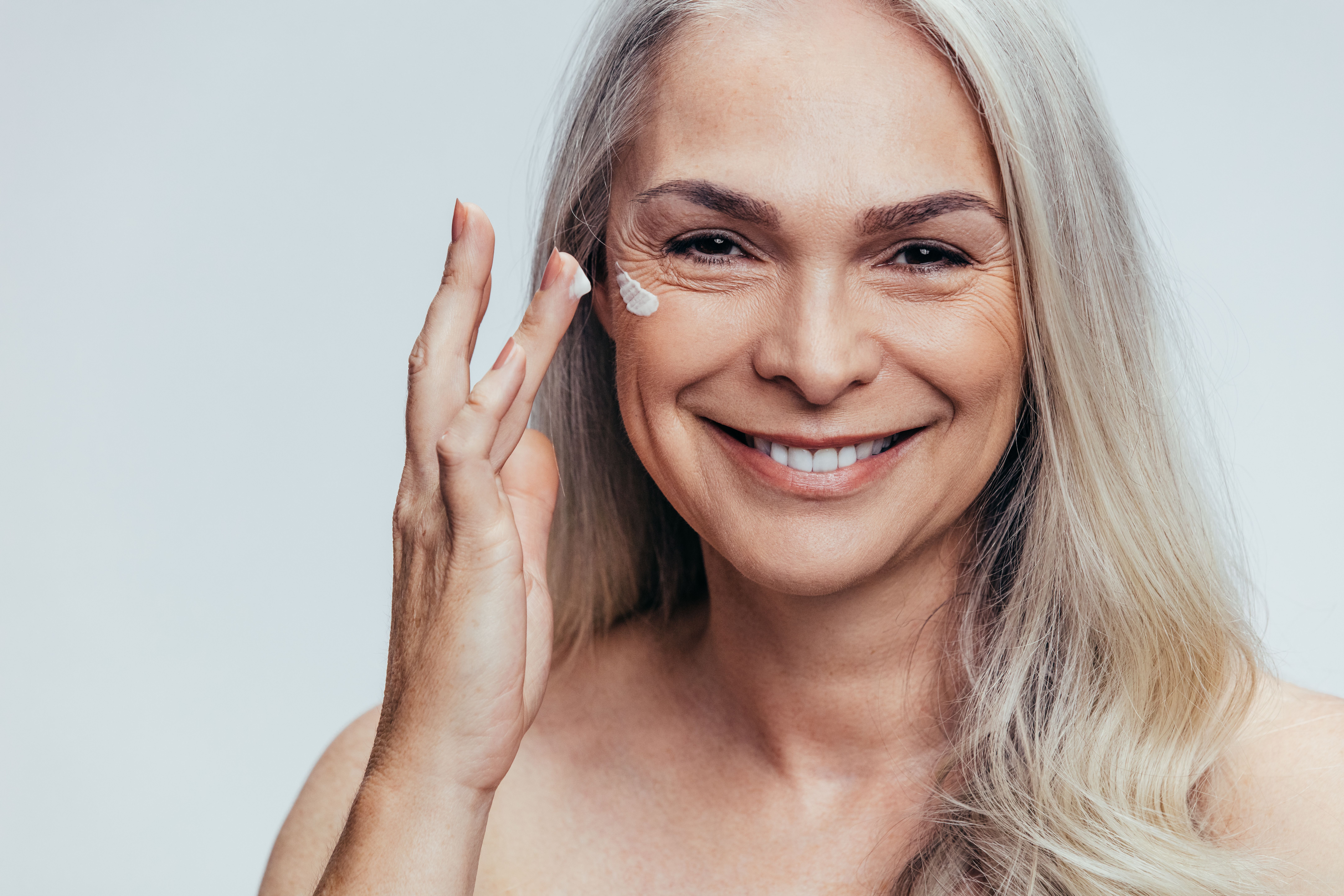
11 steps to a healthier skin in your 50s
THE PRIMARY GOAL OF skin care for women, especially those over 50, is to maintain youthful-looking skin. But instead of concentrating on having young skin, work on maintaining healthy skin. aving healthy skin makes you appear your best. Here are 11 solutions to accomplish that.
Try anti-aging products
Over-the-counter creams and lotions can assist improve your natural beauty if you’re over 50 by reviving your skin. Pentapeptides, a substance included in numerous modern goods, may aid in encouraging skin cells to create more collagen, the structural component that gives skin a tighter appearance. There are also choices like retinoid creams and prescription medications.
Know your beauty treatments
Botox or Dysport injections can help reduce wrinkles and fine lines. Chemical peels can smooth out the skin, especially around the mouth and eyes, and eliminate tiny wrinkles and freckles. Ultrafine lines are removed, your complexion is rejuvenated, and your skin’s tone and colour are improved through microdermabrasion and microneedling. Sun-damaged skin, scars, wrinkles, and other face issues can all be improved with laser resurfacing.
Utilize sun protection
Any skin-care programme must start here. Overexposure to the sun increases your risk of developing skin cancer and results in wrinkles, leathery, and dull-looking skin. Use sunscreen, avoid the sun between the hours of 10 a.m. and 4 p.m., and wear a wide-brimmed hat and sunglasses, regardless of your age.
Don’t skip your fruits and veggies
Your diet has an impact on the health and appearance of your skin. To maintain healthy skin, the American Academy of Dermatology advises eating plenty of fruits, vegetables, proteins, and good fats. According to a Scottish study, fruits and vegetables’ carotenoids (an orange-red pigment) give your skin a healthy tone.
Hydrate! Hydrate! Hydrate!
Drinking water helps hydrate your skin from the inside out. According to a 2010 study on hydration and health, people get less thirsty as they age, which increases their susceptibility to dehydration. In addition to other health issues, dehydration can result in dry skin.
Humidifier for cold days
In order to alleviate dry, itchy skin and aid in its retention of moisture, running a humidifier pulls moisture back into the air. With the use of a humidifier, a variety of ailments can be alleviated, including cracked lips, limp hair, itchy skin, and severe allergies.
Add a humidifier to your home’s heating system during the winter. You can install a room-size humidifier where you spend the most time or add a whole-house humidifier to your heating system. Add a humidifier to your bedroom as well.
Use a cleanser instead of soap
The difference between soap and cleanser is that face cleansers preserve the natural oil on your skin, which is crucial for hydrating your skin. As a result of the natural oil being removed by bar soaps, especially harsh ones, your skin is more prone to dryness, irritation, and flaking.
Skin cleansers aim to remove debris, oil, sebum, and dead skin cells without causing irritation or damage to the skin. To remove whatever toxins your skin may have eliminated during the course of the night, remember to cleanse your skin every night and in the morning as well.
Wash your face twice a day
To keep your face clean and fresh, wash it with warm water and a light cleanser. Avoid touching your skin, which will dry it out and remove essential oils. Always wash your face before night to get rid of the day’s filth and debris.
Avoid taking long, steamy showers or baths.
Long baths or showers may be soothing, but repeatedly using hot water dries out your skin. Reduce the water’s temperature and keep the session to 10 minutes.
Moisturize your skin regularly
You might need to switch to a moisturiser that is more suited to your new skin type as you get older and dry out your skin. Look for oil-based moisturisers that are thick, creamy, and rich. Make sure to moisturise your entire body at least once every day.
Exfoliate to lose dead skin
Dead skin cells that can cause your skin to look flaky and drab can be removed from your body by exfoliating. However, limit yourself to once a week to avoid drying out your skin. Use a moderate store-bought item or make your own with coconut oil and brown sugar.


